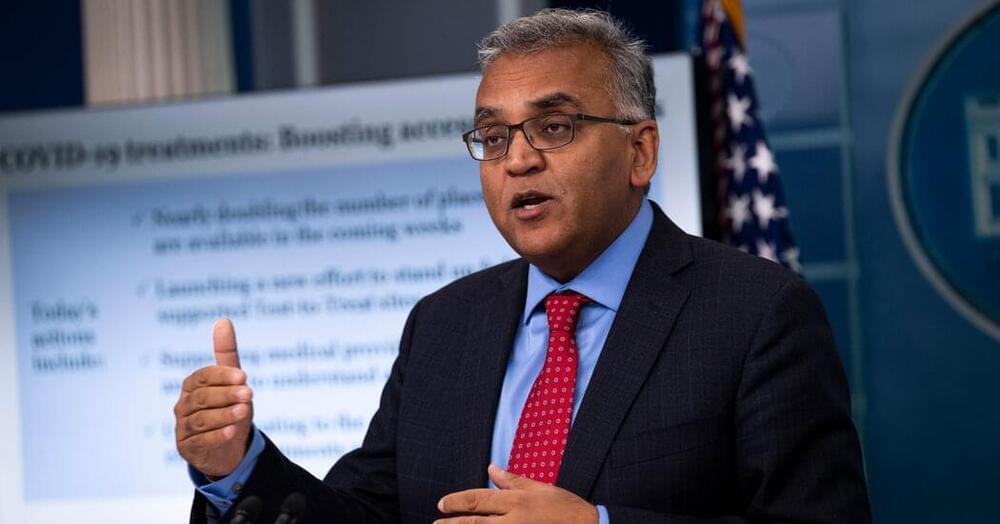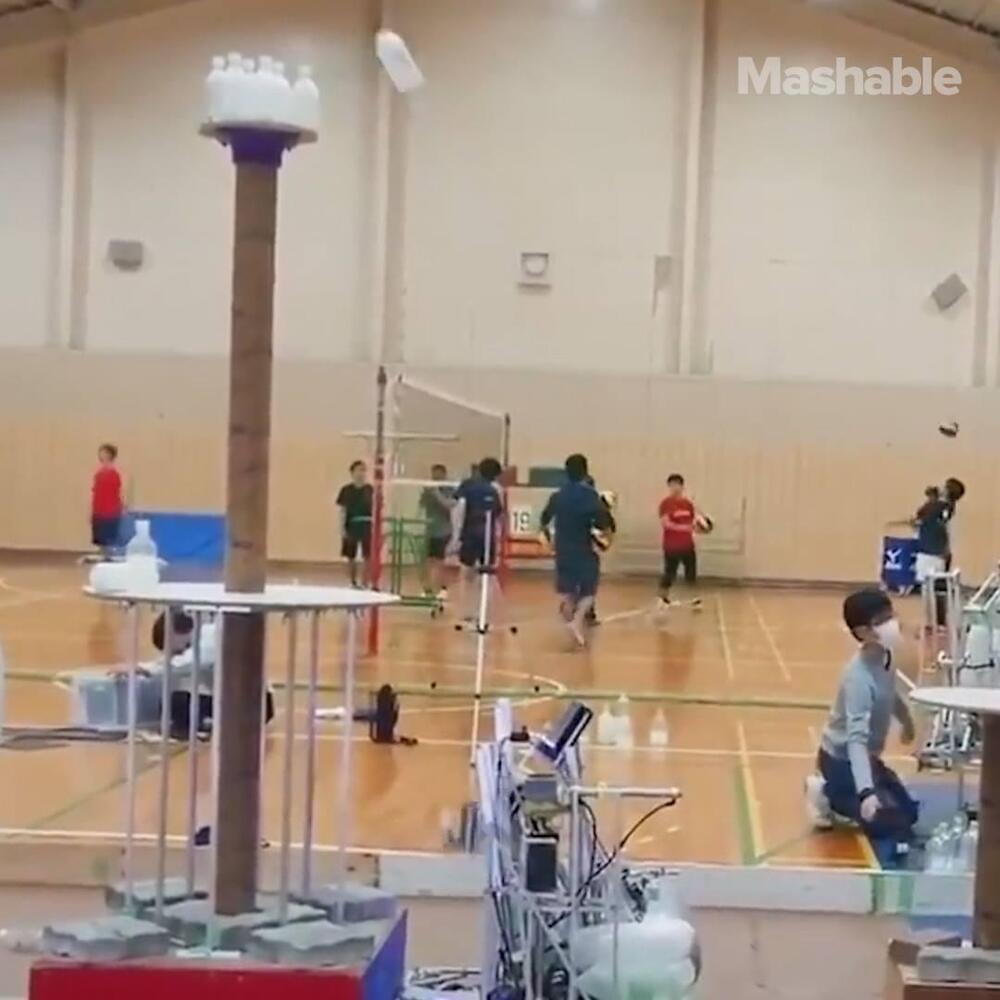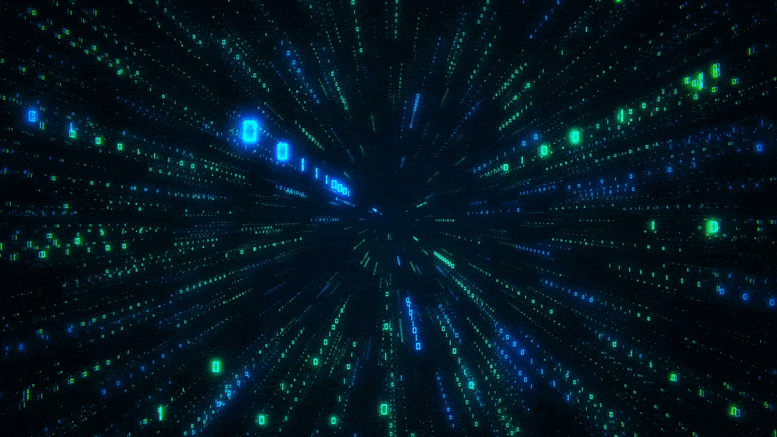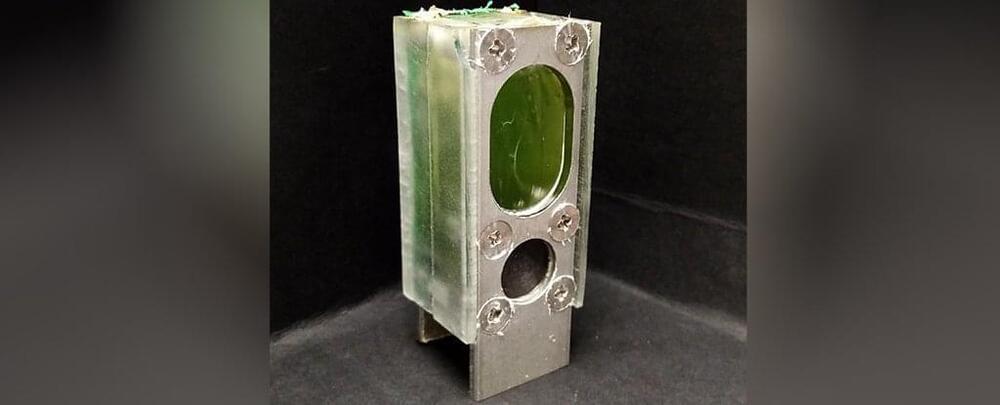May 18, 2022
U.S. health officials say a third of people live in areas with so much virus they should consider masks indoors
Posted by Len Rosen in categories: biotech/medical, health, internet, satellites
Len RosenFalcon 9 has been a spectacular success for SpaceX. The purpose of the Falcon Heavy is likely to be superseded by Starship which likely means the Heavy will be discontinued sooner than later.
Eric KlienAuthor.
Len Rosen Actually, Starship will rapidly grab all of the Falcon 9 payloads, except for humans which will be much slower to transition. In fact, it looks like the first orbital Starship launch will try to launch some Starlink satellites.

















